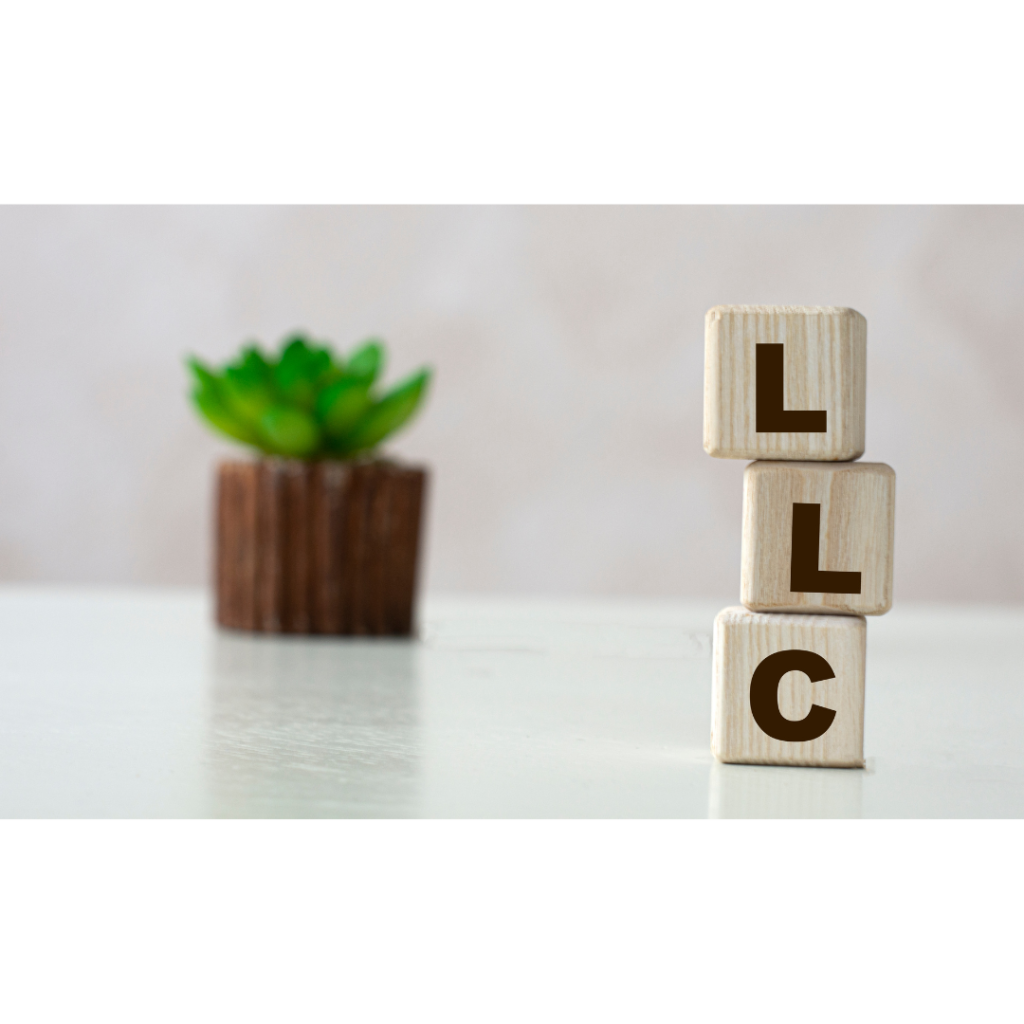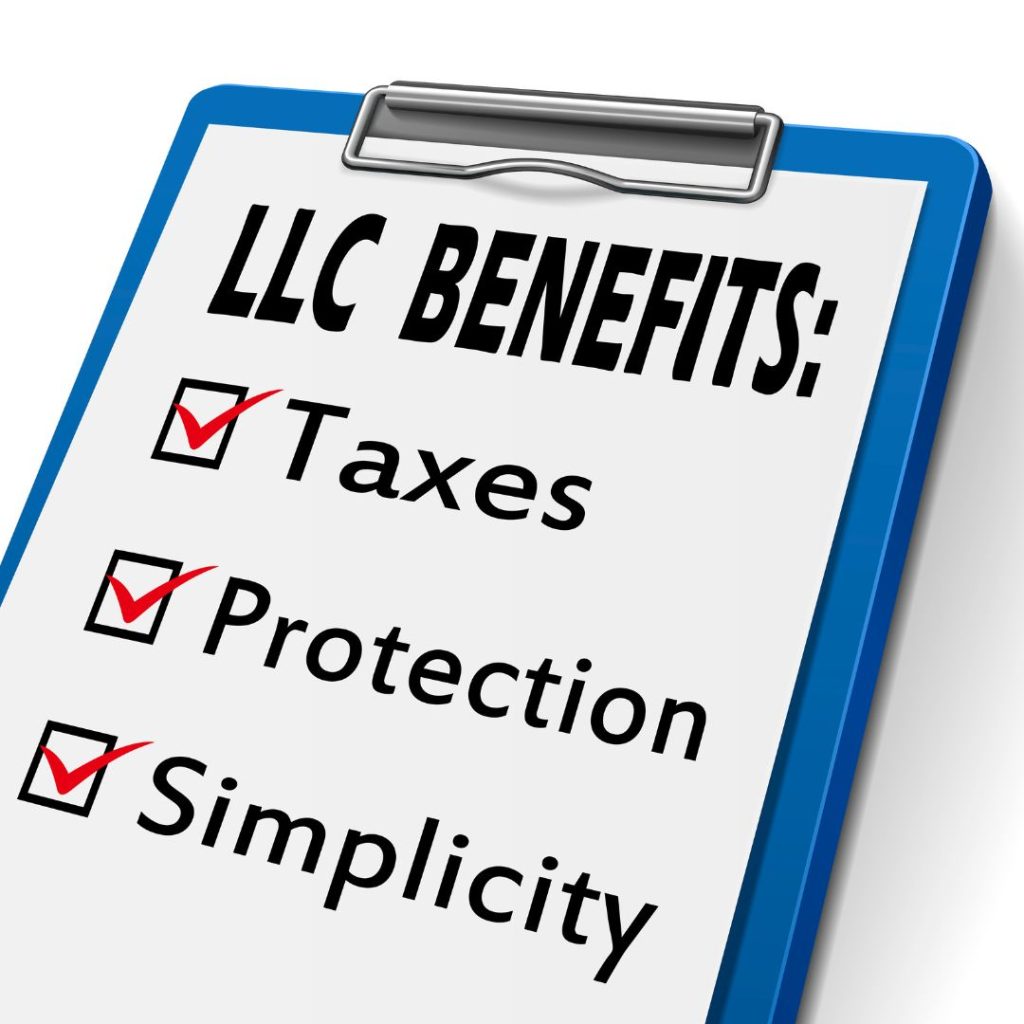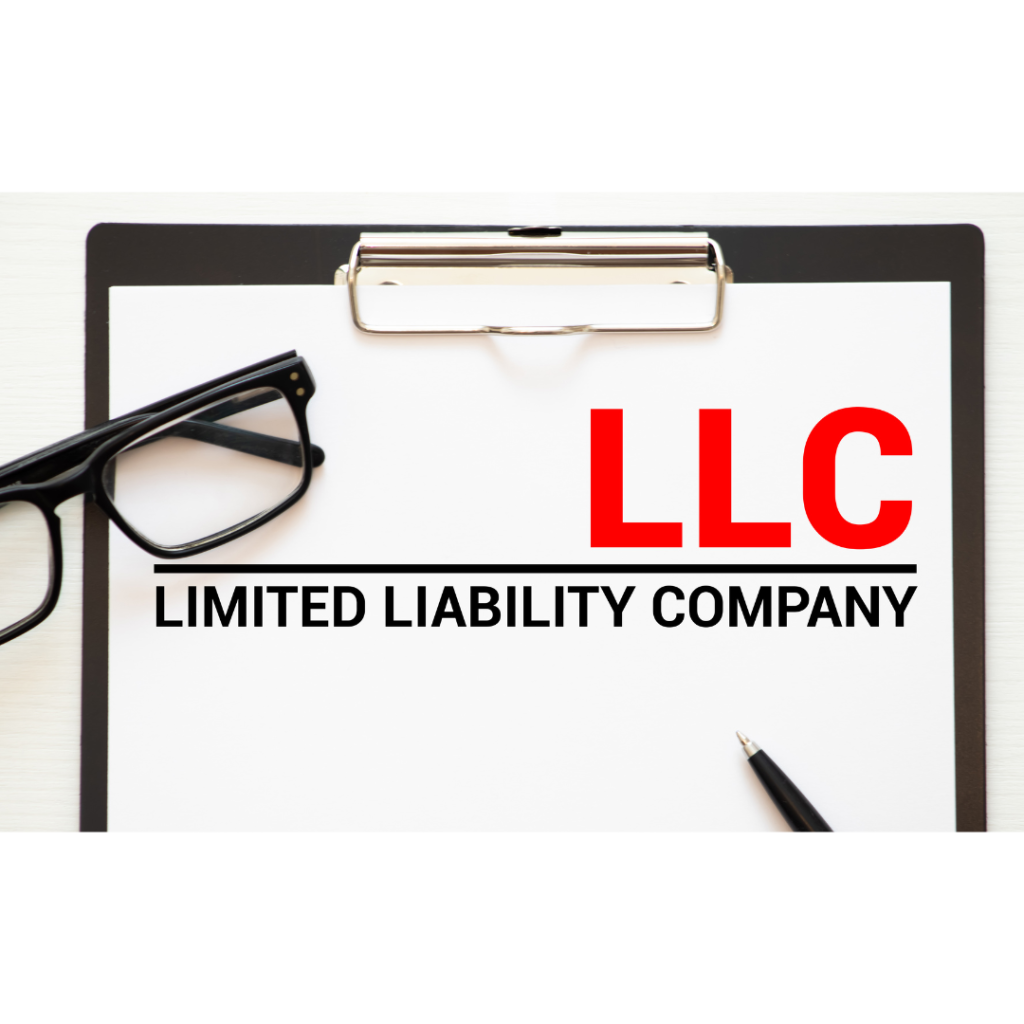Can I refinance all my properties into one loan?
September 22, 2022How do I get the most cash out when refinancing my investment property?
September 22, 2022- Benefits of transferring title to an LLC?
- Can I refinance from my personal name into an LLC?
- Can You Transfer Your Property to an LLC If You Have a Mortgage on the Property?
- Costs of creating and operating an LLC
- How to transfer property to an LLC
- Potential drawbacks to holding real estate as an LLC?
- Pros and cons of transferring property to an LLC
- Tax consequences of transferring property to an LLC
- What is an LLC for a rental property?
- When should you transfer property to an LLC?
Beginner investors frequently buy and refinance rental homes under their own names. While investing in real estate as an individual may be easier, owning and refinancing investment property might also cause future issues. Many real estate investors, large and small, prefer to own and refinance their properties through limited liability corporations (LLCs) rather than personally. Doing so may have significant benefits, ranging from tax savings to reduced personal liability. However, there are some potential downsides. This post will cover why many real estate investors own property in an LLC, its benefits and drawbacks, and how to convert your existing property to an LLC.

What is an LLC for a rental property?
If you decide to create an LLC for your rental property, your business will be recognized as the landlord rather than you personally. This business structure will provide you with more personal liability protection and other advantages like a more polished business image.
A limited liability corporation, or LLC, can have one or more members, one of whom must be you. The IRS permits you to create a single-member LLC to own rental property instead of doing so as a sole proprietorship in your name.
Can You Transfer Your Property to an LLC If You Have a Mortgage on the Property?
You should be aware that the mortgage on your property does not immediately transfer just because the title of your property is transferred to an LLC. According to the conditions of your mortgage, you are still personally responsible for making the mortgage payments. Additionally, a “due on sale” clause is a condition that states that if you sell the home, your mortgage will be accelerated, and you will be responsible for paying the entire mortgage balance.
As a result, you should consult your lender if you want to transfer a mortgaged property.
If your lender has confidence in your ability to adhere to the terms and make timely mortgage payments, they might be willing to accept the transfer of your title to the LLC. Additionally, your lender can demand that you refinance the mortgage using the LLC as the borrower.
Due to the likelihood that your LLC does not yet have a stable source of revenue or credit history, it is also very likely that you will be required to sign a personal guarantee for the refinanced mortgage. In addition, the due on sale provision may also be used by your lender, in which case you would be required to pay off the mortgage and look for new financing. Therefore, before attempting to transfer the title, you should be aware of your lender’s perspective.

Benefits of transferring title to an LLC?
Personal Liability Limitation
Your assets may be at risk if you own property in your name and are sued. However, only the LLC’s assets are at stake when holding real estate as an LLC. This implies that the only assets at risk for many investors are the rental property and their bank accounts.
Separating rental properties
Real estate owners who own several rental properties usually decide to create several LLCs for each one. By doing this, investors can protect each property and its assets from potential problems. In other words, if one of your LLCs is sued, the assets linked to the other “insulated” properties won’t be impacted.
Additionally, setting up different LLCs can aid in separating commercial and personal expenses and isolating costs by property. Finally, when it comes time to file taxes, this will simplify things for you or your accountant.
Passthrough Taxation
Unlike a corporation, a limited liability company is a “pass-through” tax entity. This is because corporations are subject to “double taxation,” which means they pay taxes twice: once as the firm and once on the owner’s salary. However, an LLC enables you to transfer the profits to your personal account and avoid paying entity-level taxes, saving you from having to pay taxes twice.
Potential drawbacks to holding real estate as an LLC?
Transfer Taxes
Transfer taxes may apply when switching back and forth between your company’s entity and name, depending on the municipality. Unfortunately, these taxes dramatically increase closing costs and can be as high as several thousand dollars.
Capital Gains Taxes
If you decide to sell your rental property without using a 1031 exchange, you can be subject to state and federal capital gains taxes. It’s obvious that the property has been used as a rental/income property if you’ve rented it out for several years and an LLC owns it.
Residence Exemption
Many states provide tax breaks for homeowners, including the homestead exemption, which exempts a portion of the value of a home from property taxes. Only individuals are eligible for these exemptions; corporations like LLCs are not eligible.
Residential Vs. Commercial & Portfolio Lenders
When you purchase a property and give your LLC ownership, there may be complications when you seek to refinance. Loans made to people, not businesses, are the only loans Fannie and Freddie will purchase or guarantee. This implies that the most competitive home lenders won’t refinance a property owned by an LLC.
In this case, you have a few options. First, you can choose to refinance with a commercial or portfolio lender, who has loans with shorter terms and less attractive rates. Alternatively, you might give up your claim to the property and refinance the loan. But this might cause some further problems.
Your Loan or Owner’s Title Insurance Policy Will Be Voided
It could void your mortgage and owner’s title insurance policy if you purchase a rental property in your personal name before transferring the title to an LLC.
Your mortgage does not transfer when you transfer property ownership from your name to an LLC. In fact, many mortgages contain a “due on sale clause,” which means the bank may demand immediate payment of the entire mortgage balance if you change ownership without notifying them first. Therefore, getting in touch with your lender before making title modifications is a good idea.
Similarly, if you acquire an owner’s insurance in your name, coverage will only apply to an LLC if you own 100% of it. In other words, if you are one of the LLC’s three owners when ownership is transferred, your ownership may void the policy of the first owner. In this case, you would need to contact the company providing your title insurance and ask them to add an endorsement designating an additional insured under your current policy.

Pros and cons of transferring property to an LLC
Transferring property into an LLC can provide investors in rental properties with tax and legal advantages. However, when putting real estate into an LLC, there are also a few possible cons to be aware of.
Pros of moving property to an LLC
- You can use an LLC as a “corporate shield” to defend your other business and personal assets in the case of a lawsuit to reduce your personal culpability.
- To protect one property from the potential liability of the other properties and to make tracking the financial performance of individual assets easier, keep numerous properties in your portfolio apart from one another.
- Separating company and personal costs can help make year-end tax reporting simpler and cleaner.
- When a property is transferred into a multi-member LLC, real estate investment partnerships gain because ownership percentages, management responsibilities, and member tax advantages are more precisely defined.
- Transferring property into an LLC has tax benefits, including the ability to write off property running costs at the corporate level while having net revenue “flow-through” to each individual LLC member, causing income to be taxed at the individual level rather than the corporate level.
Cons of moving property to an LLC
- An LLC generates additional paperwork which requires you to open separate bank accounts for each LLC, file, and report to the state annually.
- Annual filing fees for an LLC might range from several hundred dollars or more each year.
- Because a business rather than an individual holds the home, mortgage and insurance rates may go up.
- Lenders may demand that every LLC member guarantee a loan obtained in the LLC’s name.
- Real estate investors should consult their financial advisor or CPA before forming an LLC because moving property into one may result in unanticipated tax ramifications.
How to transfer property to an LLC
There are six basic steps to follow to transfer property to an LLC:
1. Speak with the lender
If the property being transferred to an LLC is subject to a loan, get in touch with the lender to find out if the property title can be transferred to your LLC while the loan is still in effect.
In addition to raising the interest rate and requesting a personal guarantee, the lender may impose additional one-time expenses for moving the loan. If the mortgage contains an acceleration provision, other lenders could demand that you, the borrower, pay off the current loan before applying for a new loan through the LLC.
2. Set up your LLC
By submitting your Operating Agreement and Articles of Organization to the state corporation commission or division, you can complete the formation of your LLC.
Basic details, including member contact details, the company’s physical address, the number of shares distributed to each member, and the registered agent, are all included in an LLC’s articles of organization.
The Operating Agreements specify each LLC member’s obligations and rights, how disputes between members are resolved, and what occurs if a member wishes to transfer their ownership interest in the LLC to another party.
3. Obtain an EIN
A federal employer identification number (EIN) serves as a company’s equivalent of a social security number. Once your LLC has been established, you can submit paperwork to the IRS for a free EIN. However, even if your LLC doesn’t have workers, you still need an EIN.
Your EIN is required to create a bank account for your LLC, file tax returns for the LLC, pay employee payroll taxes, and send independent contractors 1099 forms at the end of each year, among other things.
4. Set up an LLC bank account
The bank will request your LLC’s EIN and a copy of your state-approved Articles of Organization to verify that your LLC is in good standing. You should still establish an LLC bank account to deposit your monthly distributions and keep your LLC business finances distinct from your personal assets, even if your property management firm is responsible for collecting rent and paying your operational expenditures.
5. Transfer property title
To transfer property ownership from your personal name to the LLC, file a quitclaim deed or warranty deed. Keep in mind that you are the grantor, and the LLC is the grantee when you file the deed with the county clerk. As the specific procedure differs depending on the state, it’s a good idea to consult your local title business for advice.
6. Update leases, permits, contracts, and utilities
Leases, local permits, the agreement with your property management, utility accounts, and other legal documents should all name your LLC as the owner or responsible party.
Due to its infancy, your LLC can be required by a utility company to pay a security deposit that will be reimbursed if all bills are paid on time after a specified period.

When should you transfer property to an LLC?
Before making a real estate transaction, you can establish an LLC or transfer real estate you already own into the newly formed LLC. To hold the property, you are investing in, you should ideally create an LLC before you make the purchase. That’s because you must do the following when you transfer real estate from your name into an LLC:
- An LLC holds the property; therefore, update your current leases to reflect this and inform the renters.
- Notify your lender if you are refinancing the property in the name of the LLC or transferring the property into an LLC.
- Accept if your present lender wants to terminate the current loan and issue a new mortgage in the LLC’s name, incurring fees and closing charges as well as a potential increase in the new mortgage’s interest rate.
- Pay other taxes that may be due, such as real estate transfer taxes, which can be as high as 0.5% of the property’s value in some states, such as Florida and Michigan, or a flat cost of $2 in Arizona.
Costs of creating and operating an LLC
Depending on the state an LLC is created, the normal formation costs can be $1,000 or more.
An LLC formation fee may include the following:
- Cost of reserving a name
- A one-time charge for forming your LLC
- Paying an attorney’s fees to draft an operating agreement for an LLC
- Fee for submitting the LLC’s charter documents to the state
- Processing charges
- Payment made to register an out-of-state company
There are further ongoing expenses to consider. State-by-state variations in recurring annual expenses for running an LLC include:
- Annual enrollment fee
- An annual charge made to a registered agent if you don’t live in the state where your property is located.
- The franchise tax is charged annually, depending on the state.
Tax consequences of transferring property to an LLC
It’s possible that moving your property into an LLC will result in a taxable event. The best course of action is to speak with a lawyer or tax counselor before effecting the move. Depending on the circumstances, you might not be assessed the applicable tax when you convert your unit into an LLC. You might, however, end up paying afterward. No immediate tax repercussions at the outset do not imply that you are exempt from paying taxes.
Consider the situation where you paid $430,000 for a property unit, which now has a fair market value of $630,000 after being transferred into an LLC. The gain on the property is $200,000. You still need to pay taxes on the property gain later because it was transferred to the LLC, even if you didn’t at the transfer time.
In general, no tax repercussions are associated with transferring property into a single-member LLC that is a disregarded business for tax purposes. This is so because the LLC and its owner are regarded as one legal entity. Still, you should always consult with your tax expert.
However, if your LLC has more than one member, there can be long-term tax repercussions from transferring a piece of property to an LLC. For instance, the value of the property transferred into the LLC is $175,000 if your rental property has a current cost basis of $100,000 and a fair market value of $175,000. This indicates that you have also transferred to the LLC and its members a potential tax liability of a $75,000 capital gain ($175,000 market value less $100,000 cost basis).
You might want to ask your lawyer to add wording to your Operating Agreement to make the transfer terms equitable to all of the LLC’s members if the members did not gain from owning the property before joining the LLC.
Final thoughts
Although transferring property to an LLC is often simple, it’s crucial to comprehend all the advantages and potential drawbacks. Your other business and personal assets will be better protected, and year-end taxes will be simpler to file if you hold your rental property in an LLC.
There are one-time and ongoing fees to form and maintain an LLC, and you cannot transfer your property into an LLC without your lender’s permission.
Transferring a rental property’s title from your name to an LLC can have unanticipated repercussions, as with many investing choices. So, before making any significant decisions, it is essential to seek the advice of your lawyer, financial advisor, and chosen title business. You can meet our team of experts at Aurum and Shape, who have years of experience in their field. They are easy to connect and work with, and they will answer all your questions accurately. They will help you develop tailored solutions that suit your financial state. Visit our website to get started.
Mortgage Rates
DSCR Mortgage: 7.375%
Commercial Mortgage: 7.5%
Single family, Condo Investment Property: 7.375%
Portfolio of Residential Homes: 7.5%
Calculate Your Monthly Payment
Mortgage Information
Monthly Payment
Principal and Interest: $0
Total Monthly Payment: $0


